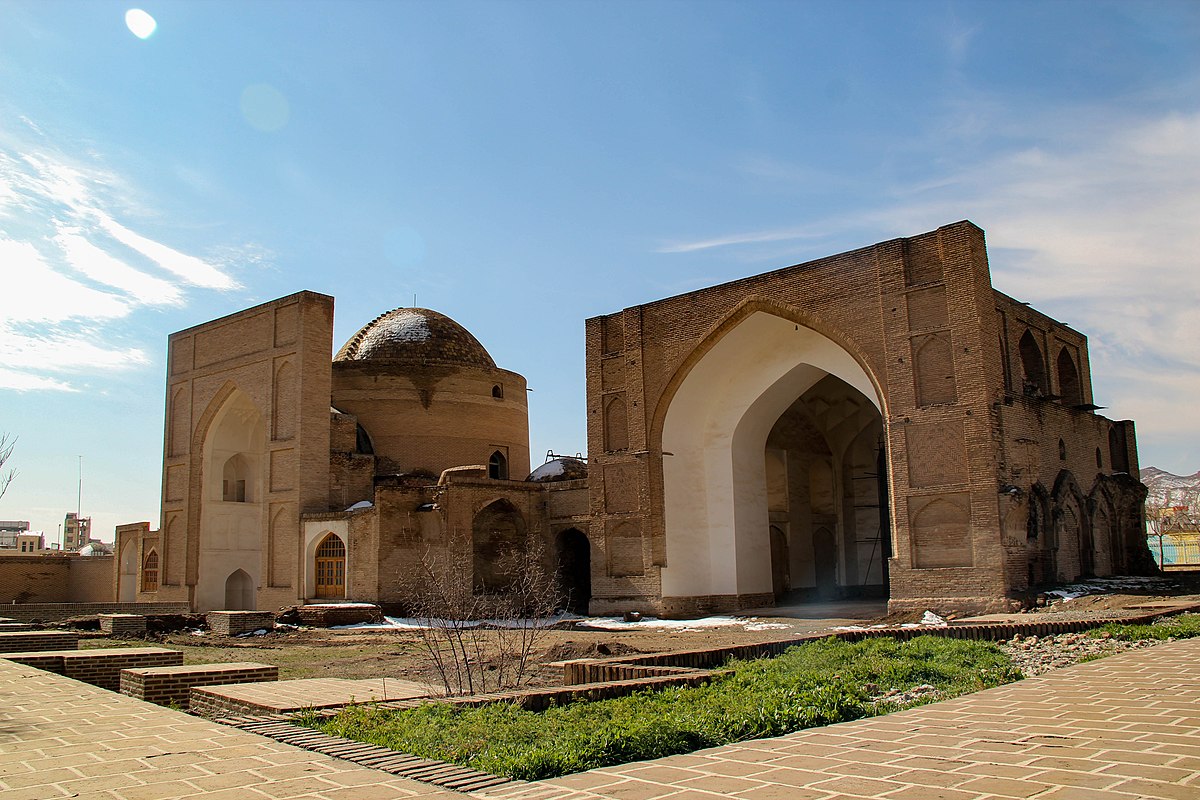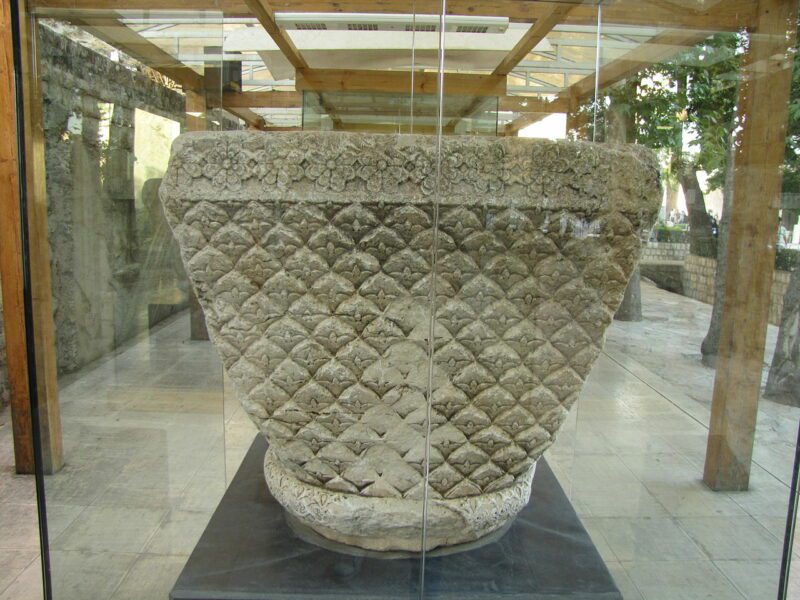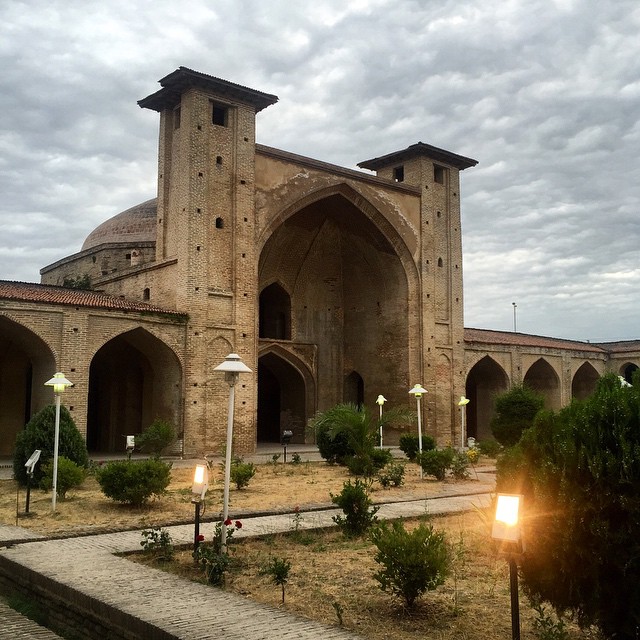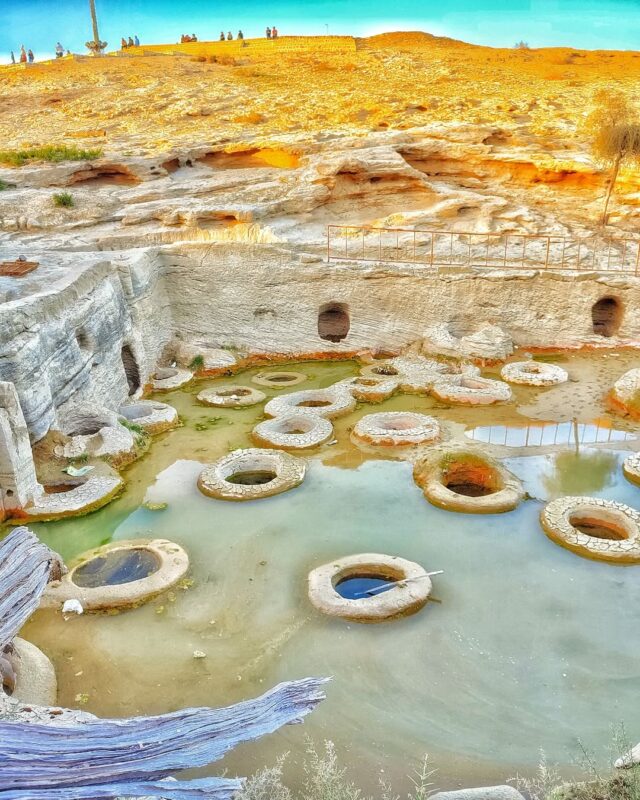Tomb of Qutbuddin Heydar, a jewel in the heart of Khorasan
Introduction:
The tomb of Qutbuddin Heydar, a famous mystic and one of the Uzbek princes, is located in the city of Torbat Heydarieh. This historical building, which dates back to the Timurid period, is known as one of the most beautiful and magnificent historical buildings in Iran and shines as a gem in the heart of Khorasan.
History:
After the death of Qutbuddin Haider in 845 AH, his tomb became a place of pilgrimage and devotees. During the Safavid era, Khwaja Sultan Mahmud Torbati, the ruler of Torbat at the time, reconstructed and developed this tomb on the orders of Shah Safi.
Architecture:
Qutb al-Din Haidar’s tomb complex includes several buildings, such as the raised porch, the entrance, the area under the dome, the old mosque and the Tabasi caravanserai.
Dome:
The dome of this building is a type of two-shell domes and is decorated with turquoise colored tiles.
Porch:
The high porch of this building has beautiful tiling and moqran work decorations.
The area under the dome:
In the area under the dome, there is an inlaid wooden shrine of Qutbuddin Haider.
Old Jama Masjid:
The old mosque of Torbat Heydarieh is located on the south side of this complex and has beautiful brick and tile decorations.
Tabasi Caravanserai:
The Tabasi caravanserai is located on the eastern side of this complex and is one of the Safavid era caravansaries.
Decorations:
The decorations of Qutbuddin Heydar’s tomb are very diverse and elegant.
Tiling:
Maraq tiles and Quranic inscriptions in thulth and naskh script are among the tiling decorations of this building.
Mogharnas:
Beautiful carvings in the porch and the area under the dome have doubled the beauty of this building.
Brick work:
Brick decorations and brick reliefs are other decorations of this building.
Importance:
Qutbuddin Haider’s tomb is of great importance in terms of architecture, decorations and history. This building has been registered as one of Iran’s national monuments and is also on the UNESCO World Heritage List.
Tomb of Qutbuddin Heydar




Join The Discussion